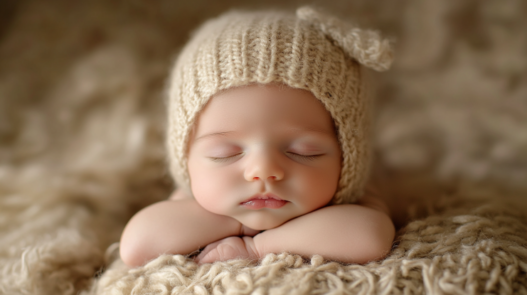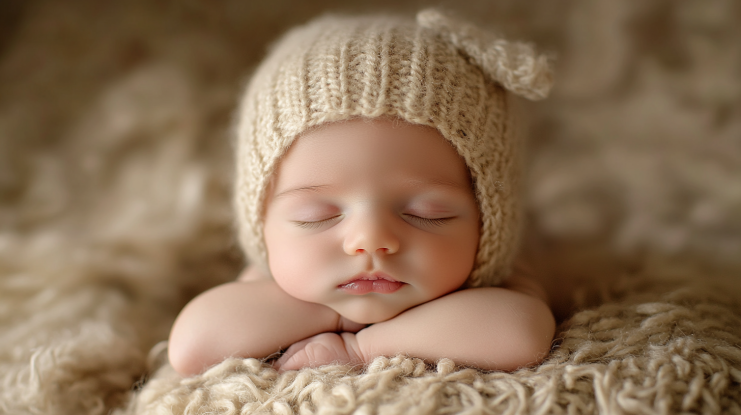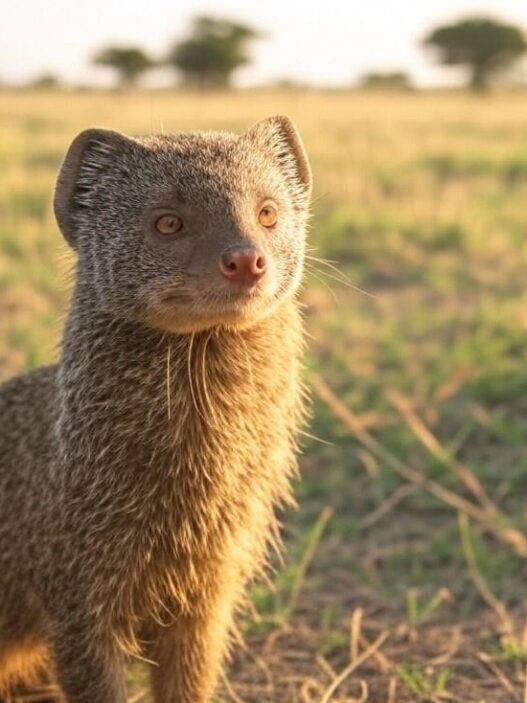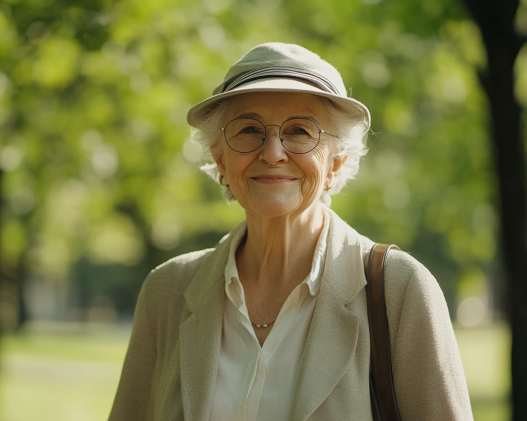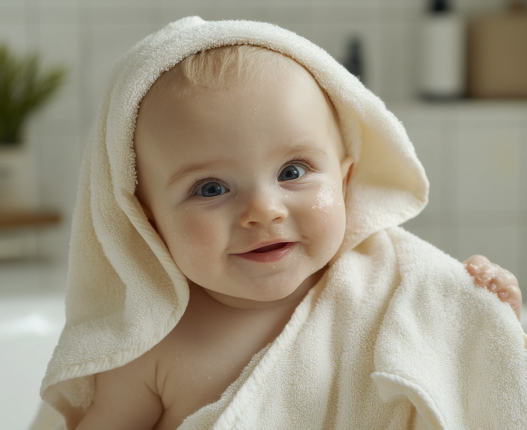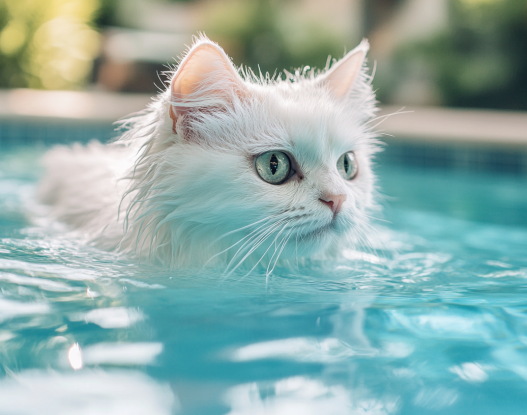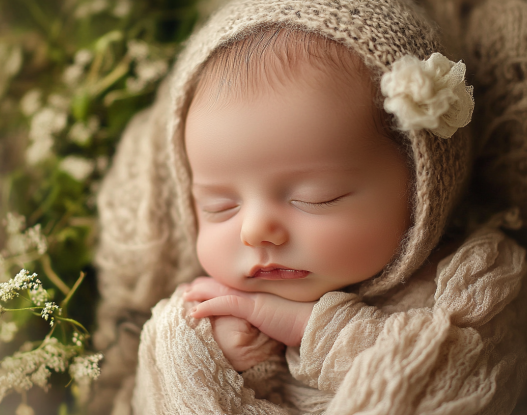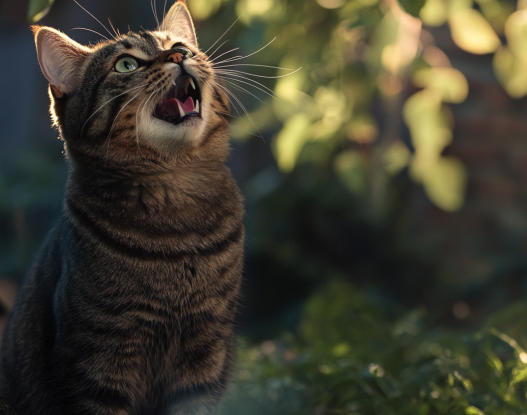Have you ever noticed how your baby sleeps in various quirky positions? From laying like a little warrior to curling up in a cozy ball, these sleep postures could be more than just comfort—they may reveal your little one’s personality.
While it may seem like just a cute habit, experts believe that a baby’s sleeping position might provide insights into their developing traits. Although not always definitive, the way babies sleep can reflect certain personality aspects, and today we’re diving into the fascinating connection between your baby’s sleep style and their character!
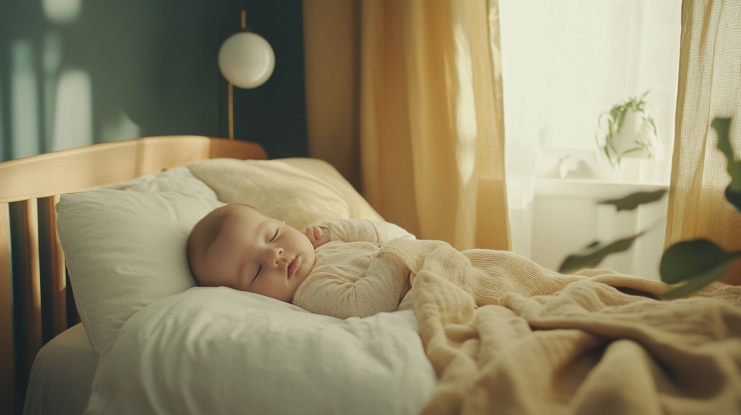
1. Supine Position: The Thoughtful and Calm Thinker
Some babies love sleeping on their backs, stretching their arms and legs like little angels. This position is often linked to babies with calm, collected personalities. They tend to be adaptable and rational, responding well to a peaceful environment. Back sleepers are often more independent and capable of processing problems with a cool head. It’s also a great sleeping posture for spinal health, helping babies’ bones grow naturally. Spinal health
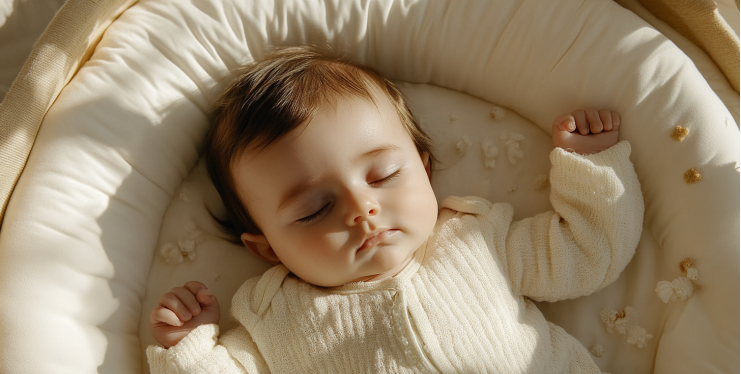
2. Side-Lying Position: The Social Butterfly
Babies who prefer side sleeping, especially those who have just mastered rolling over, are usually social, friendly little beings. These babies love to interact and engage with others, showing an easy-going and cheerful nature. Side sleepers are known for their strong social skills, making friends effortlessly. However, it’s essential to adjust their position from time to time to avoid potential flat spots on their heads, ensuring proper bone development. Flat head syndrome

3. Prone Position: The Brave Little Explorer
Babies who prefer to sleep on their stomachs, especially those who bury their faces in the pillow, are often seen as brave and independent adventurers. These little ones are typically not afraid to explore and enjoy tackling things on their own. However, this position can sometimes be harmful to their spine and breathing, so it’s better to encourage tummy time during the day and keep them in safer positions (like back or side) for nighttime sleep. Tummy time
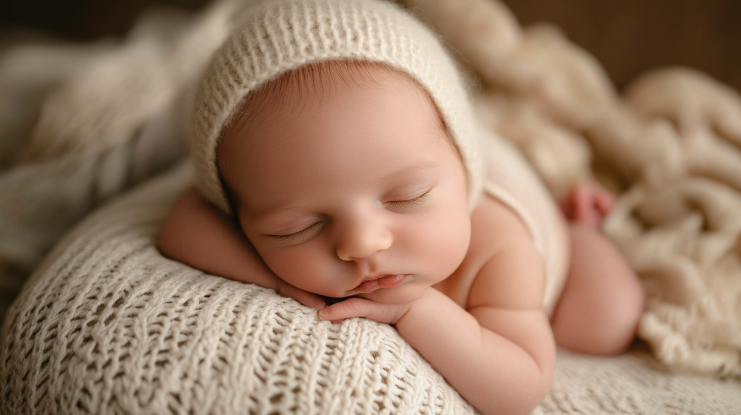
4. Fetal Position: The Sensitive Soul
Some babies curl up tightly, as if trying to protect themselves. This sleep position might be a reflection of a sensitive and emotionally intuitive baby. These little ones are highly responsive to their environment and are often quite in tune with their feelings. They seek security and comfort but with gentle encouragement, they can grow more independent. Helping them explore new experiences and environments will boost their confidence over time. Baby emotional development
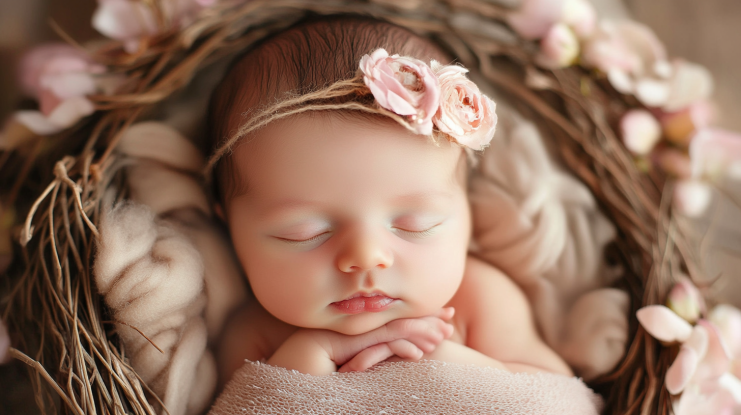
5. Starfish Position: The Confident Explorer
The “starfish” pose, with arms and legs stretched out, is often a sign of a confident and free-spirited baby. These little ones are naturally curious and have a strong sense of self. They love to explore their surroundings and are often the first to take risks. It’s important to foster their independence by giving them opportunities to explore in a safe environment. A supportive pillow and mattress are key for this sleep style to ensure comfort. Child curiosity
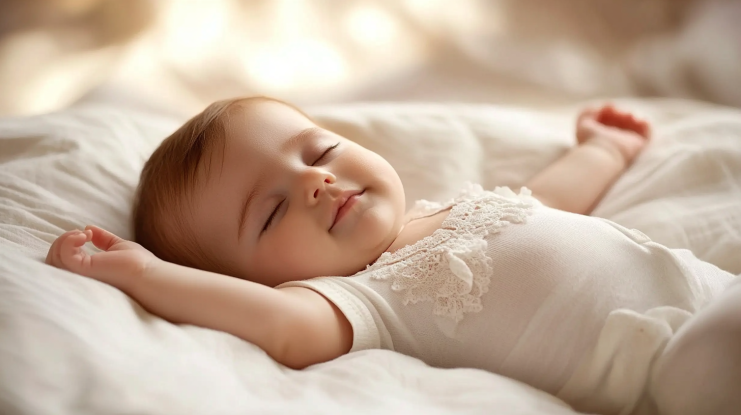
Tips for Adjusting Baby’s Sleep Environment
- Comfortable and Safe Environment: Ensure your baby’s crib and bedding are appropriate for their sleeping habits. A comfortable, safe sleeping space will minimize any risk posed by certain sleep positions.
- Switch Up Their Position: While your baby may have a favorite sleep posture, switching it up occasionally can prevent potential health issues, such as flat head syndrome.
- Quality Sleep is Key: While their sleeping position offers clues about their personality, good sleep quality is what really matters for your baby’s growth and development. Make sure they are sleeping in a peaceful, cozy environment.

Final Thoughts
While a baby’s sleep posture can give us some clues about their personality, it’s just one small piece of the puzzle. As babies grow and develop, they’ll show us many other aspects of their character. By understanding their sleep habits, we can help them sleep better and nurture their unique personality traits, supporting their overall development.





